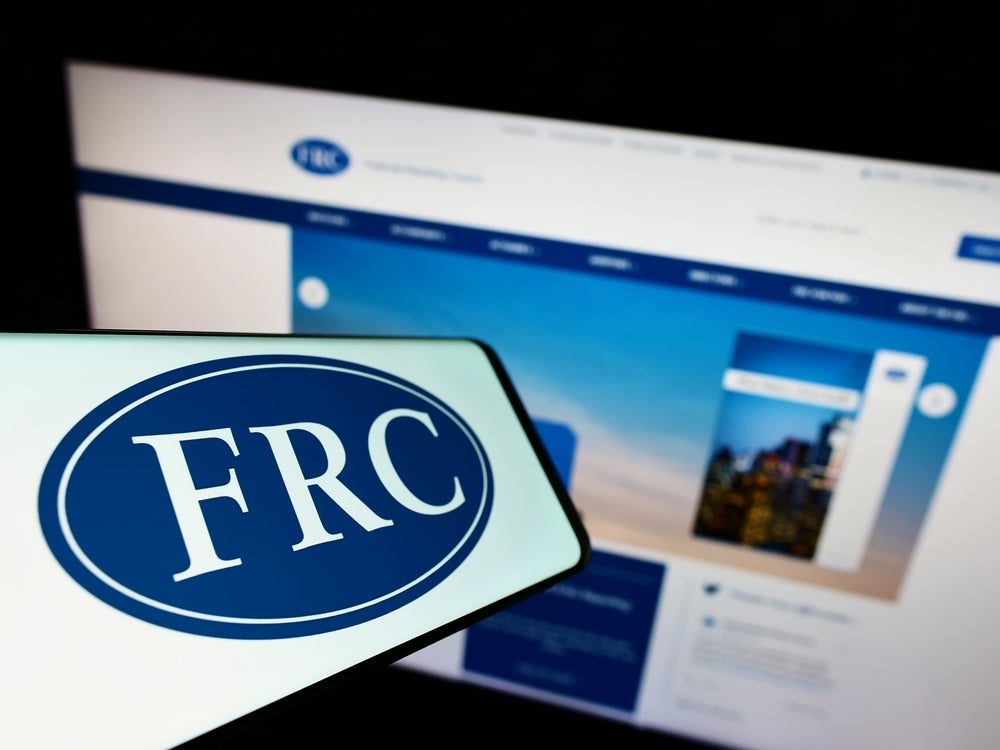By Stuart Evans, Insolvency law specialist and partner at law firm BLM
Options for Pizza Express Amid Financial Struggles
Reports out from last Tuesday suggest that high-street food chain Pizza Express is considering the closure of 67 outlets, cutting 1,100 jobs across the UK.
Whilst COVID-19 has obviously had a detrimental effect on Pizza Express’ current position, from an insolvency perspective, the chain’s debt problems pre-dated the pandemic. The current circumstances have therefore merely exacerbated the business’ financial difficulties. It’s a similar story for many high-street food chains, such as Carluccio’s, which recently entered administration.
Pizza Express is said to owe more than £1 billion and has been looking to restructure that debt. Whilst the government has recently launched the “Eat Out to Help Out” scheme as a post-Covid- fillip for the hospitality sector, a filip is the most it can be. It isn’t going to solve the deep financial challenges facing bars, pubs, restaurants and cafes across the UK. Some simply do not have the cash reserves to weather any further disruption, and those that were in trouble prior to the pandemic will have seen their situation deteriorate in a matter of months. Dealing with stiff competition from other food chains and mounting debt repayments is a serious challenge, a global pandemic is quite another.
A Bloomberg report suggests the restructure decision comes following reports of a standoff between Pizza Express’ owners, Hony Capital, and its senior-secured bondholders, which include Cyrus Capital Partners LP, Bain Capital Credit and HIG Bayside Capital. The bondholders were said to be seeking to buy the UK and Irish business in return for new funding. Hony initially attempted to protect its holding in the chain in 2019, seeking to buy back junior debt. However, approximately £20 million of debt interest was due at the end of July, and when this ultimately wasn’t paid, this accelerated the need to take drastic action.
According to reports, Pizza Express may be looking to reach an agreement with creditors through a Company Voluntary Arrangement (CVA), a procedure to help the company to reduce its debt. UK sites and jobs will, as reported, be at risk.
How well do you really know your competitors?
Access the most comprehensive Company Profiles on the market, powered by GlobalData. Save hours of research. Gain competitive edge.

Thank you!
Your download email will arrive shortly
Not ready to buy yet? Download a free sample
We are confident about the unique quality of our Company Profiles. However, we want you to make the most beneficial decision for your business, so we offer a free sample that you can download by submitting the below form
By GlobalDataThe chain may also, if eligible, look to combine the option of a CVA with a statutory moratorium, a mechanism that would protect Pizza Express from creditor action for a short period of time whilst it finalises its plans for a CVA. It’s breathing space, courtesy of legislation.
The CVA, if approved, will contain a compromise of creditor claims and possibly terms for new trading arrangements with certain creditors, with dividends to be paid to creditors as the business trades on following its approval. To get it through, Pizza Express, as the debtor, would need, amongst other requirements, the vote of 75% in value of all creditors. The choice facing such creditors will be: do you want to agree to take no action against the business and possibly to new terms of business, in return for a dividend which is dependent on the business meeting the objectives of the CVA, or get a lower or nil dividend if the business goes into a more terminal process such as liquidation? For creditors, such as landlords owed rent and looking to claw back deficits in the “new normal”, it’s a stark choice, not least because not all CVAs succeed.
What’s more, we now know that Pizza Express has itself put up its UK business for sale, to run alongside a CVA. It will be interesting to see the level of interest it gets and whether any offers match the owners’ expectations. Reports suggest that the bondholders are still interested in buying the business here, so a third party may have to outbid them.
There are alternative options available to the high street chain, including administration, which may also involve a CVA proposal, but could also involve the sale of the Pizza Express business or parts of it to a third party. For example, returning to Carluccio’s, some its restaurants are now under new ownership as part of deal reached with its administrators.
The owners of Pizza Express are clearly facing some very tough decisions, which they previously hoped were avoidable or at least manageable, but which have now been amplified by the pandemic. Whilst we wait to see what their advisers recommend as the best course to take in the midst of this developing situation, let’s hope we will still be tucking into dough balls and Calabrese for many years to come. Other Italian-themed restaurant chains are, of course, available.




